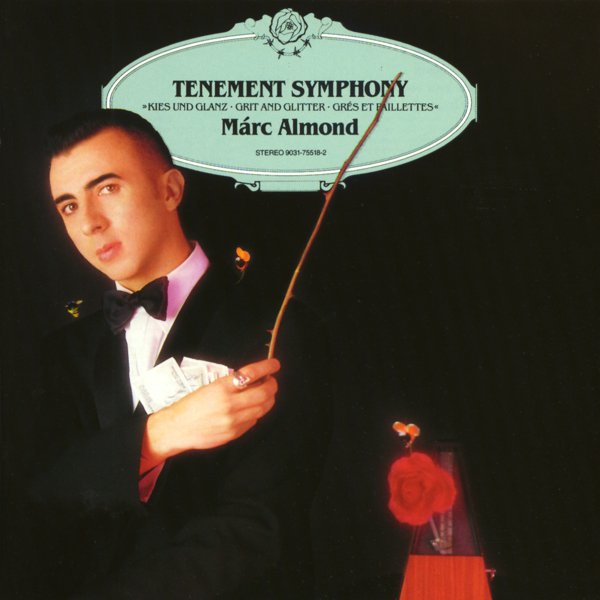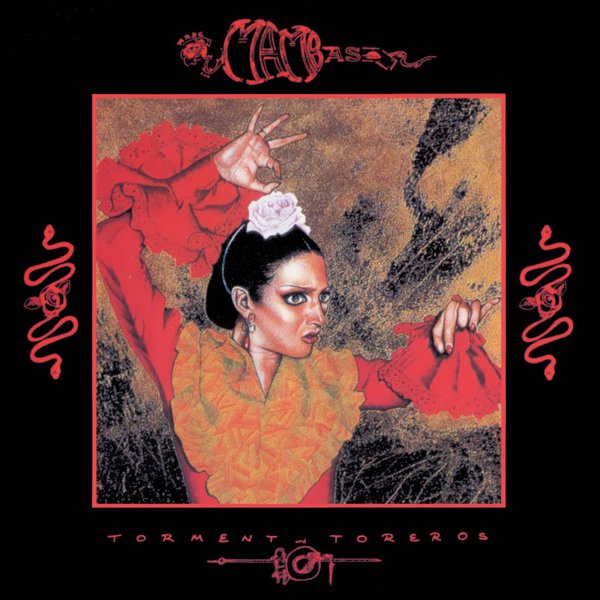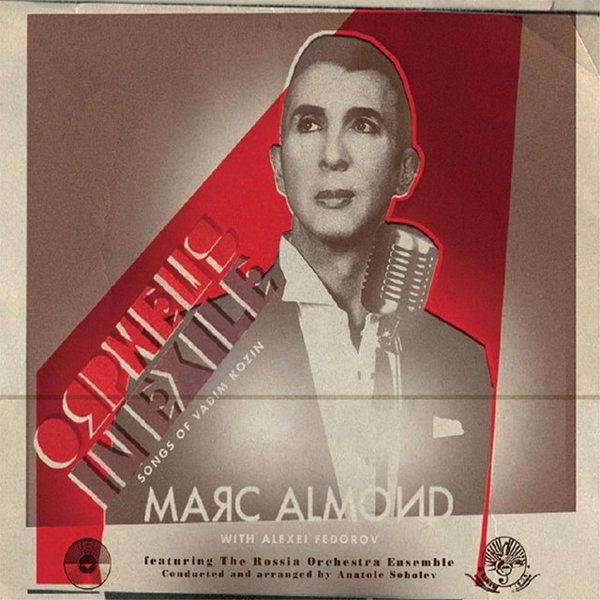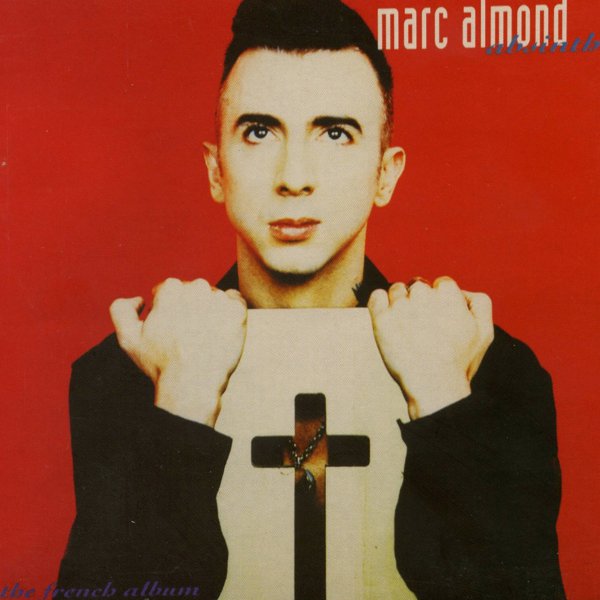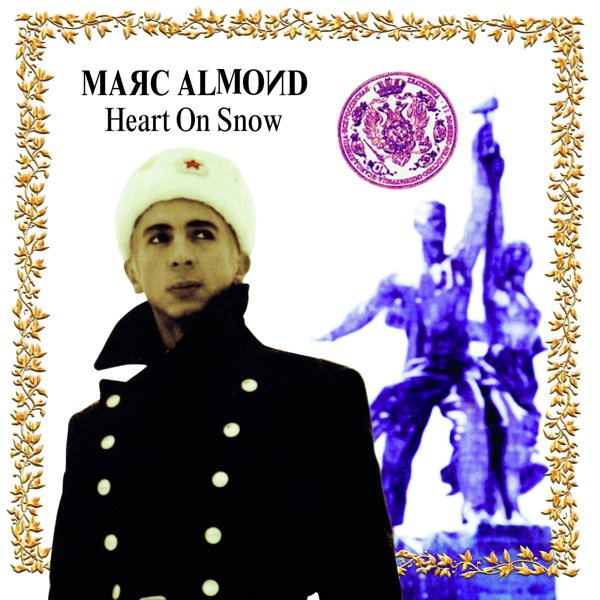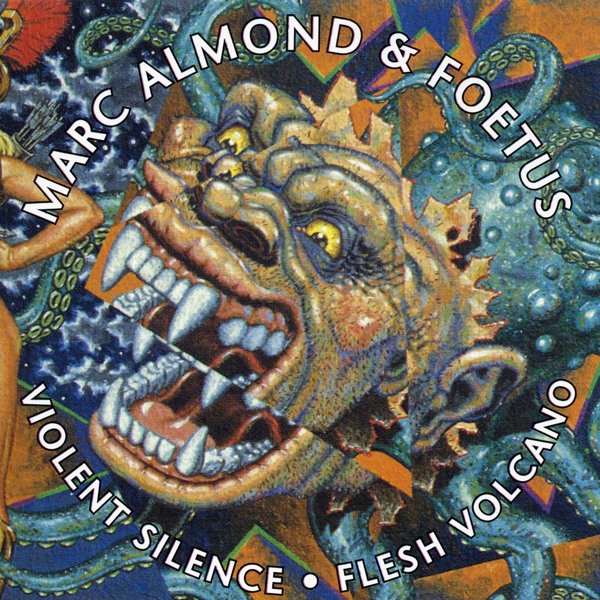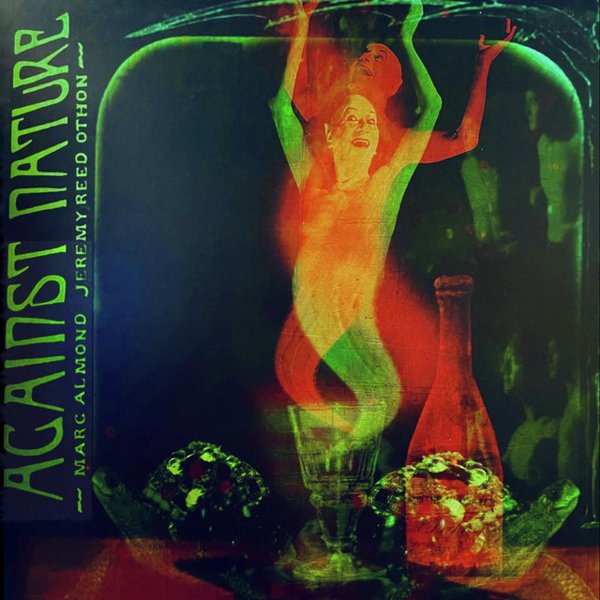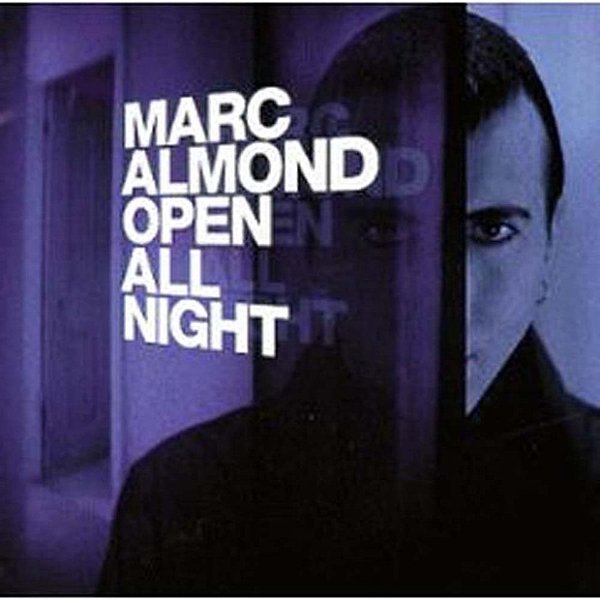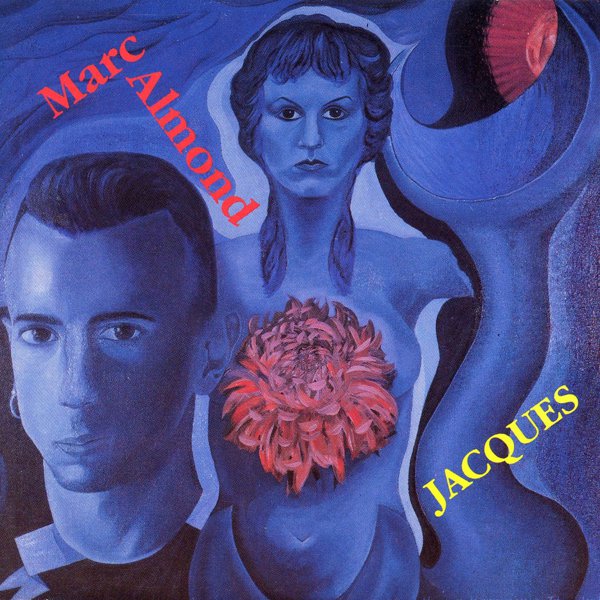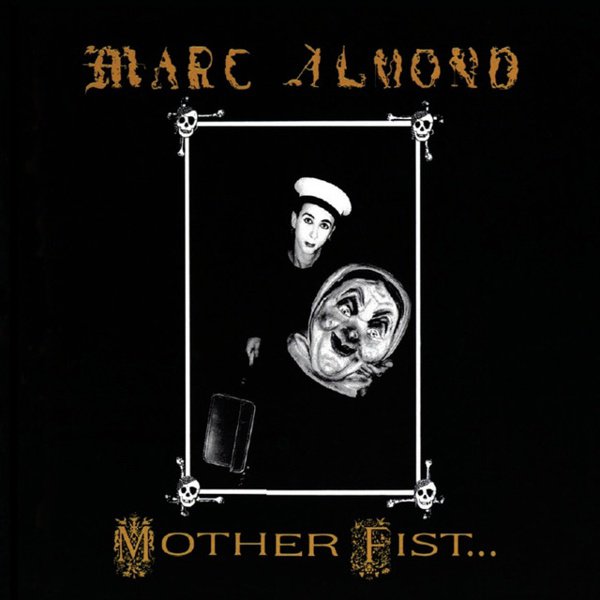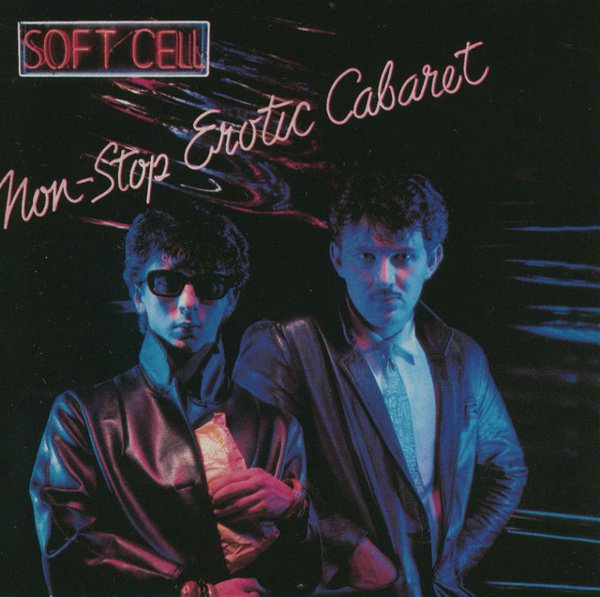Marc Almond, by virtue of his indelible performance on Soft Cell’s iconic cover version of “Tainted Love,” is part of pop music history by default, one of those performances that, as he and everyone else knows, essentially has marked and defined him in the public eye since. But it’s precisely because of that performance that over forty years of live performances and studio efforts have been cast into its shadow, both covering his Soft Cell efforts and his even more extensive studio and collaborative releases. (This isn’t even counting numerous never-formally-recorded/released affairs like the Immaculate Consumptive with Nick Cave, J.G. Thirlwell and Lydia Lunch.) Looking strictly at his solo work, Almond began with Untitled, stepping away from Soft Cell’s sonic structure for a looser underground rock feel, as well as starting a series of albums backed by a loose, evolving collective named and renamed the Mambas, the Willing Sinners and La Magia over the course of the eighties. Combining his ear for classic sixties pop, disco and later dancefloor approaches and cabaret forebears, these albums were further matched by more underground or exploratory collaborations, like his continuing work with Thirlwell in his guise as Foetus as well as regular guest work with Coil among others.
A flurry of mainstream UK pop hits in the late 80s and early 90s were balanced out by two albums celebrating Jacques Brel and various older French chansons and singers, while a touring partnership with pianist Martin Watkins led him to time spent in Russia, where he would eventually live part-time. After he turned away from chasing the pop ring to pursue moodier and more individual approaches with his trip-hop influenced Open All Night, he also created two albums focused on classic 20th century Russian songs and singers, all while excavating various recordings from his extensive archives, participating further in numerous dance and techno one-off collaborations, becoming a key member of Jools Holland’s regular touring act celebrating past decades of pop and rock hits, striking up even more collaborations with classically trained musicians, theatrical performers and playwrights and poets, and even getting back together with Dave Ball at various times to create more Soft Cell work. This still doesn’t quite get to everything Almond has actually done over the years, on top of surviving a motor scooter crash that nearly killed him in the 2000s. As of 2022 Almond’s musical polymath skills continue at full steam, with a new Soft Cell album out, while his last solo album Chaos and a Dancing Star featured both a regular Lana Del Rey songwriting collaborator, Chris Braide, and Jethro Tull mainman Ian Anderson. Somewhere in all this he might actually get some rest. (Well deserved, we’d add.)

